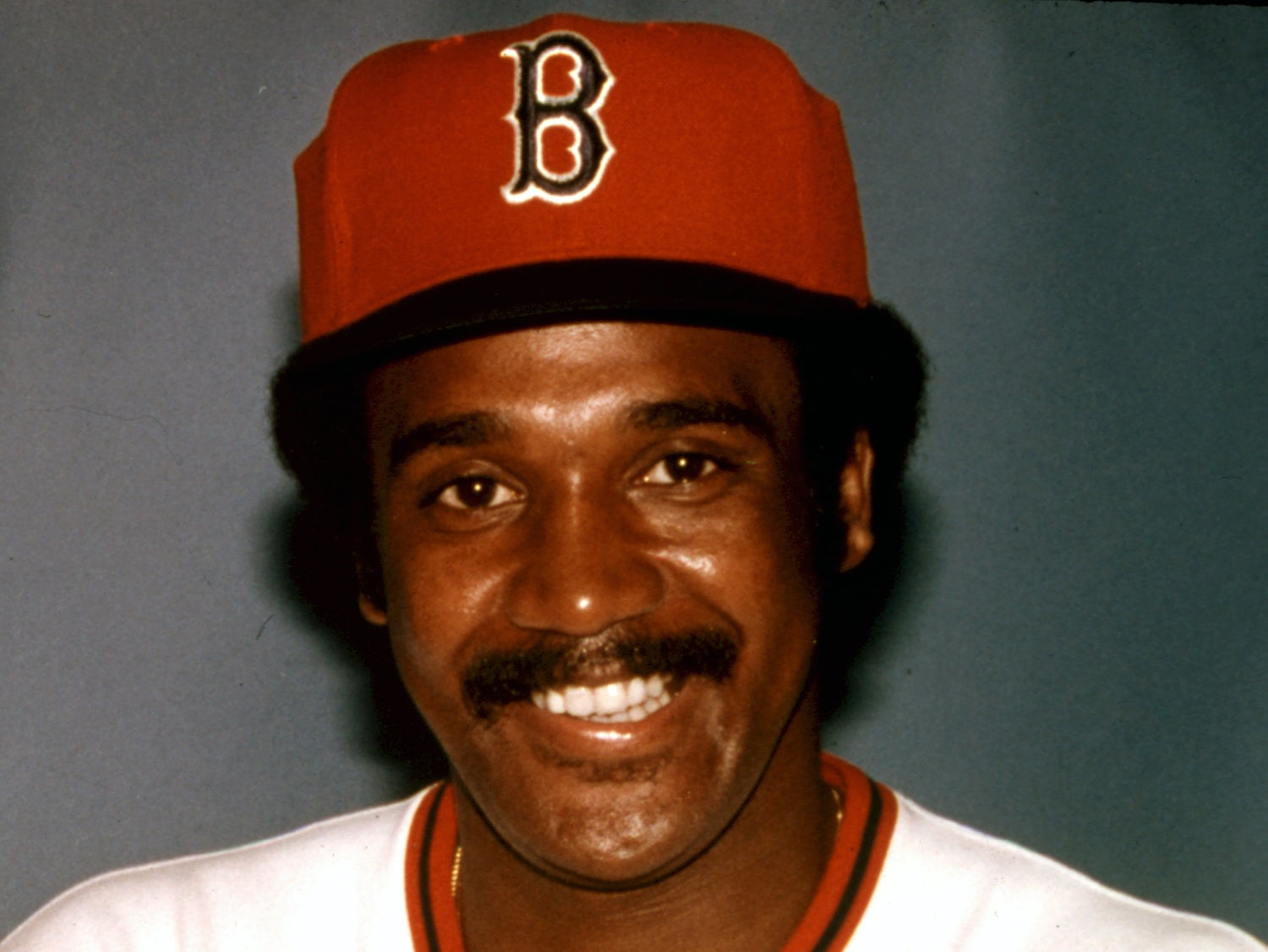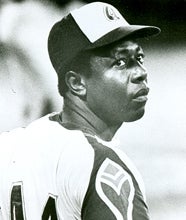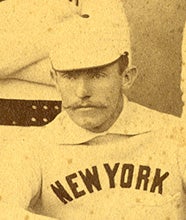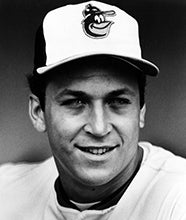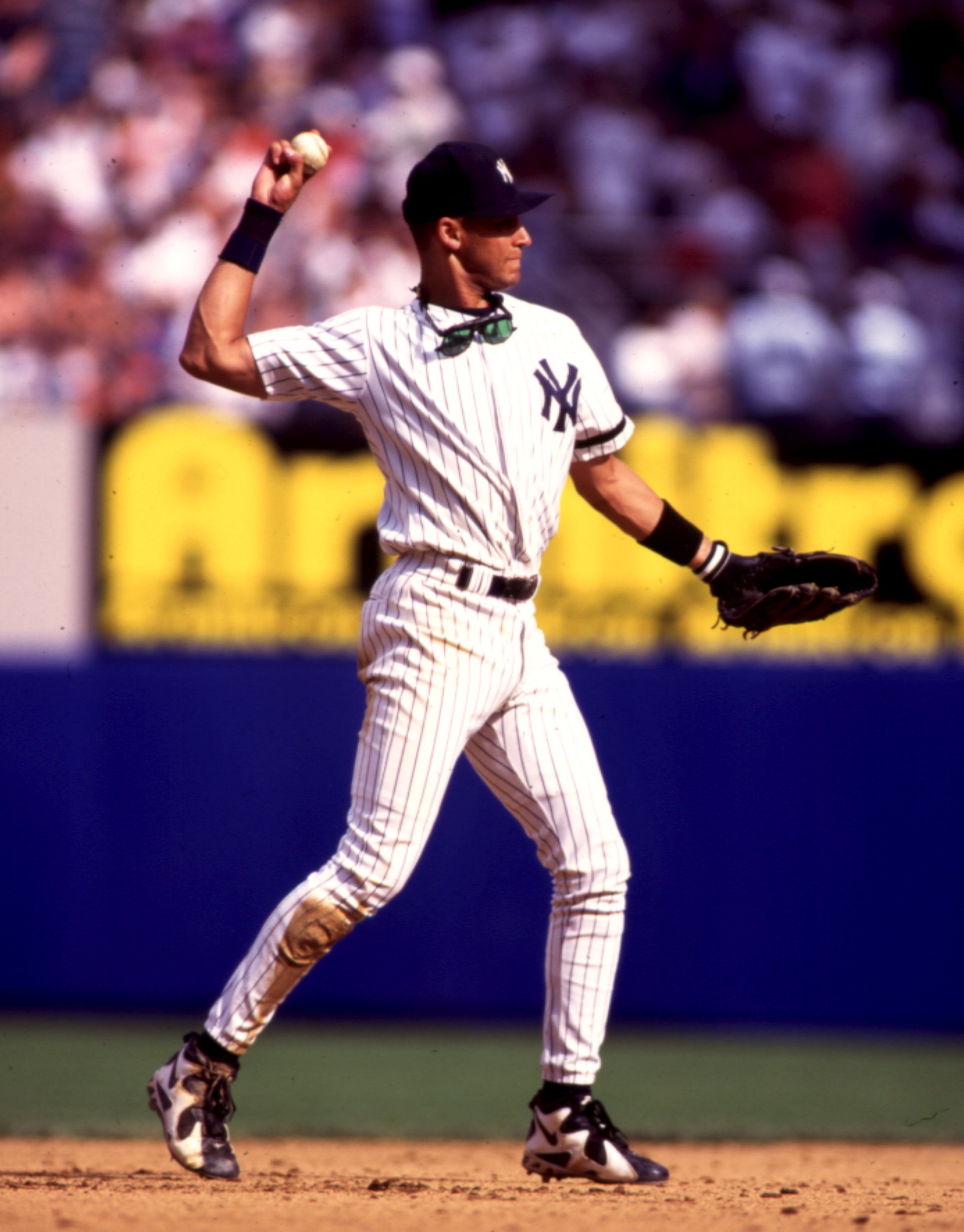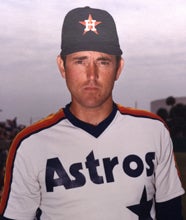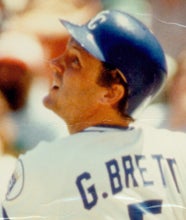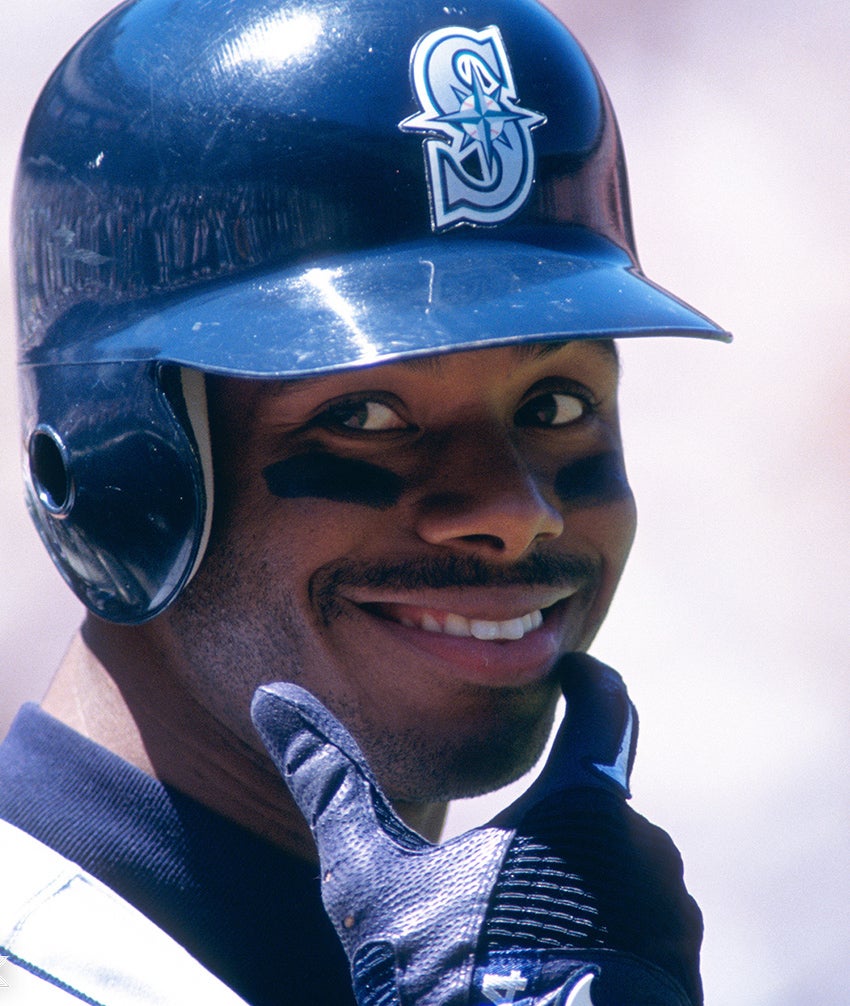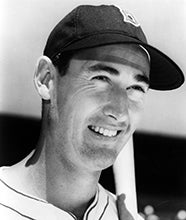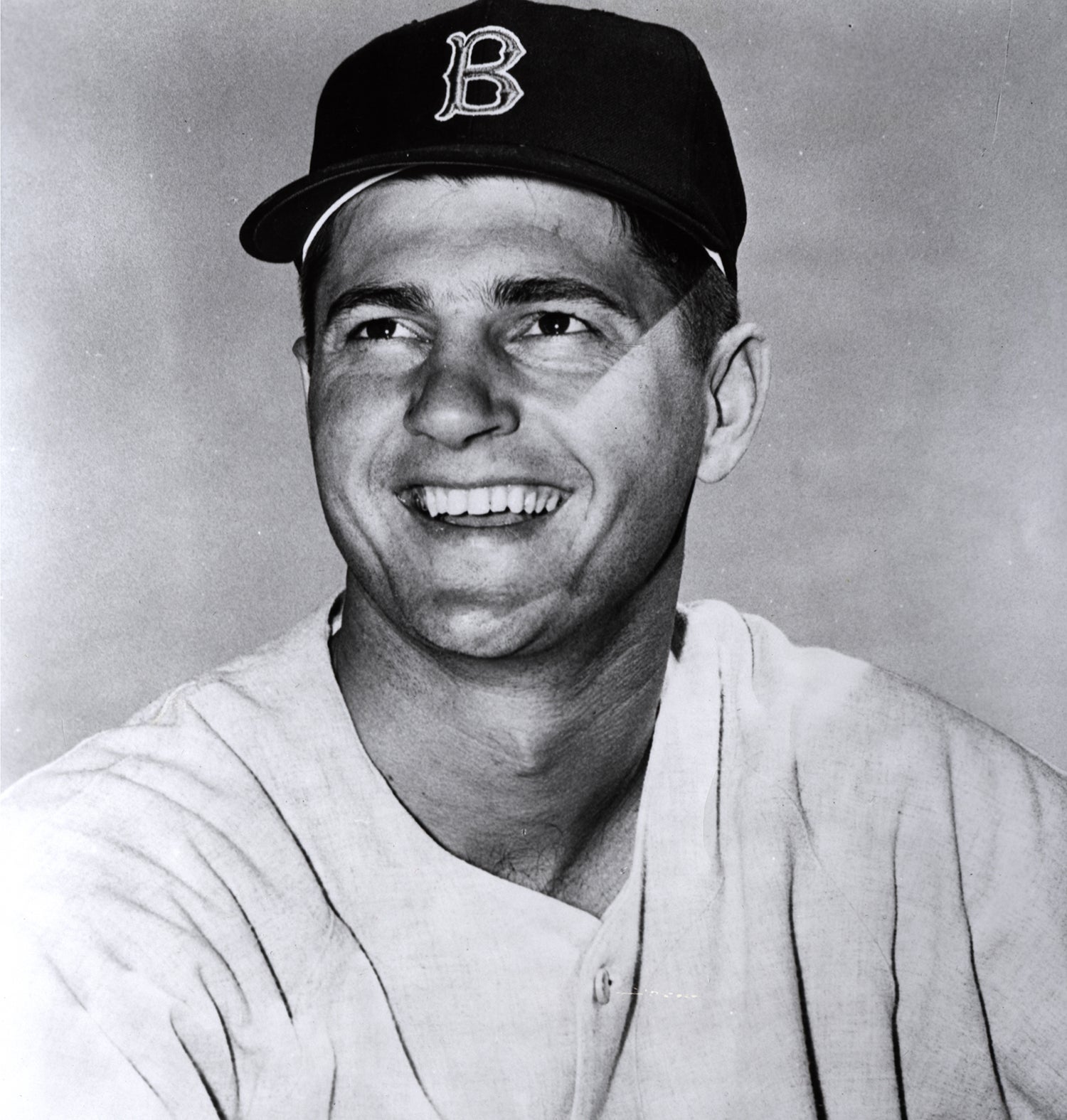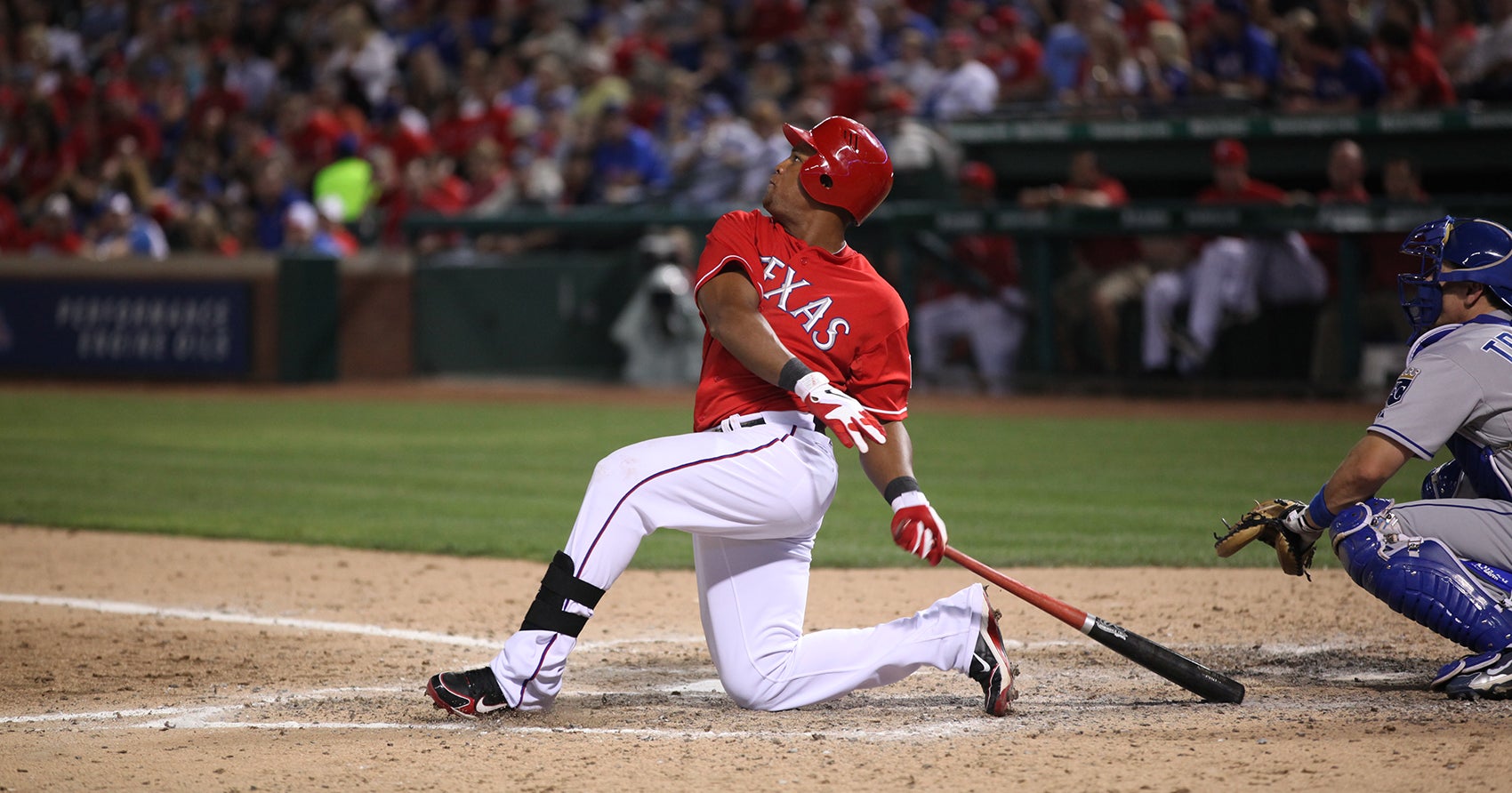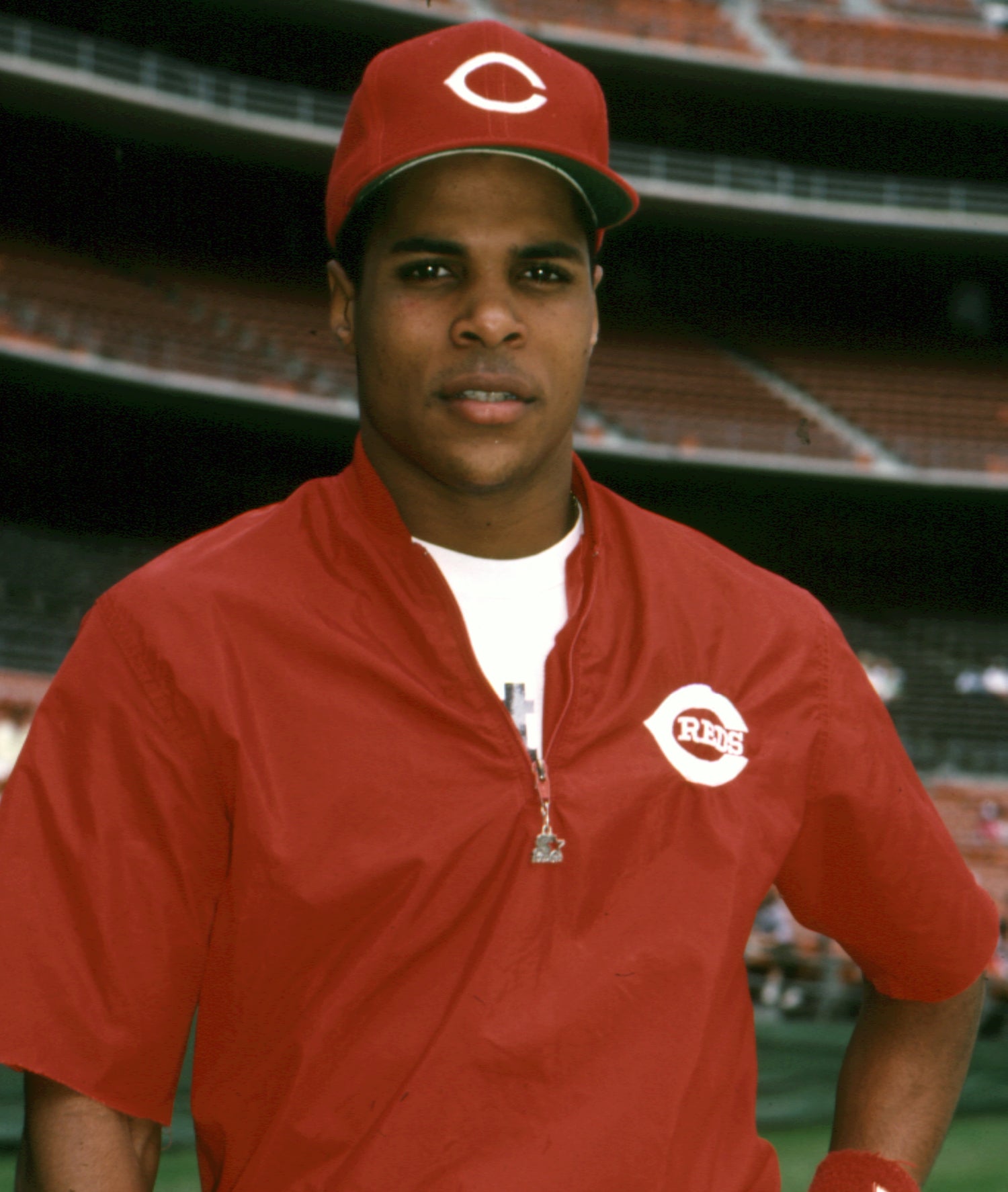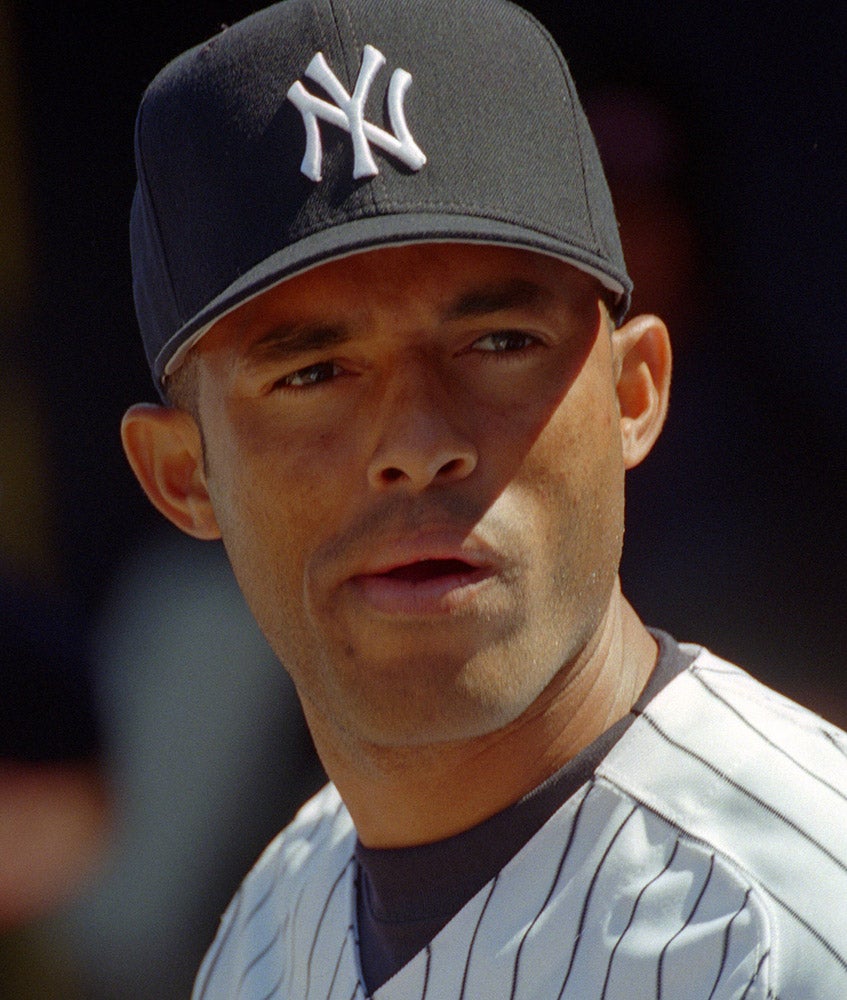- Home
- Our Stories
- Rice helping the next generation of players in Brockton
Rice helping the next generation of players in Brockton
Jim Rice, who has spent his entire adult life in professional baseball, has added ownership to his extensive resume.
The Class of 2009 Hall of Famer, who slugged his way to Cooperstown thanks to a 16-year career spent entirely with the Boston Red Sox, finds his latest venture in the game 20 miles south of Fenway Park, where he was recently named part owner of the Frontier League’s Brockton Rox.
As a Massachusetts resident, Rice is thrilled to be part of a professional baseball organization in his own backyard.
“I don’t think it’s giving back. It’s giving kids the opportunity to maybe becoming a major league player,” Rice said. “This is about going back to Brockton, putting guys on the field and kids in the stands. And these young kids, the next generation of ballplayer, though they could go to Fenway Park, but instead they’re in Brockton thinking one day I may be able to play in a major league ballpark, I may be able to be a major league player.
“When I was growing up in South Carolina, the closest major league team was the Atlanta Braves and Hank Aaron was my favorite. And the only thing I was thinking about when I was watching Hank was maybe one day I’d be able to be on that field. The dream for all of us is one day that could be me.”
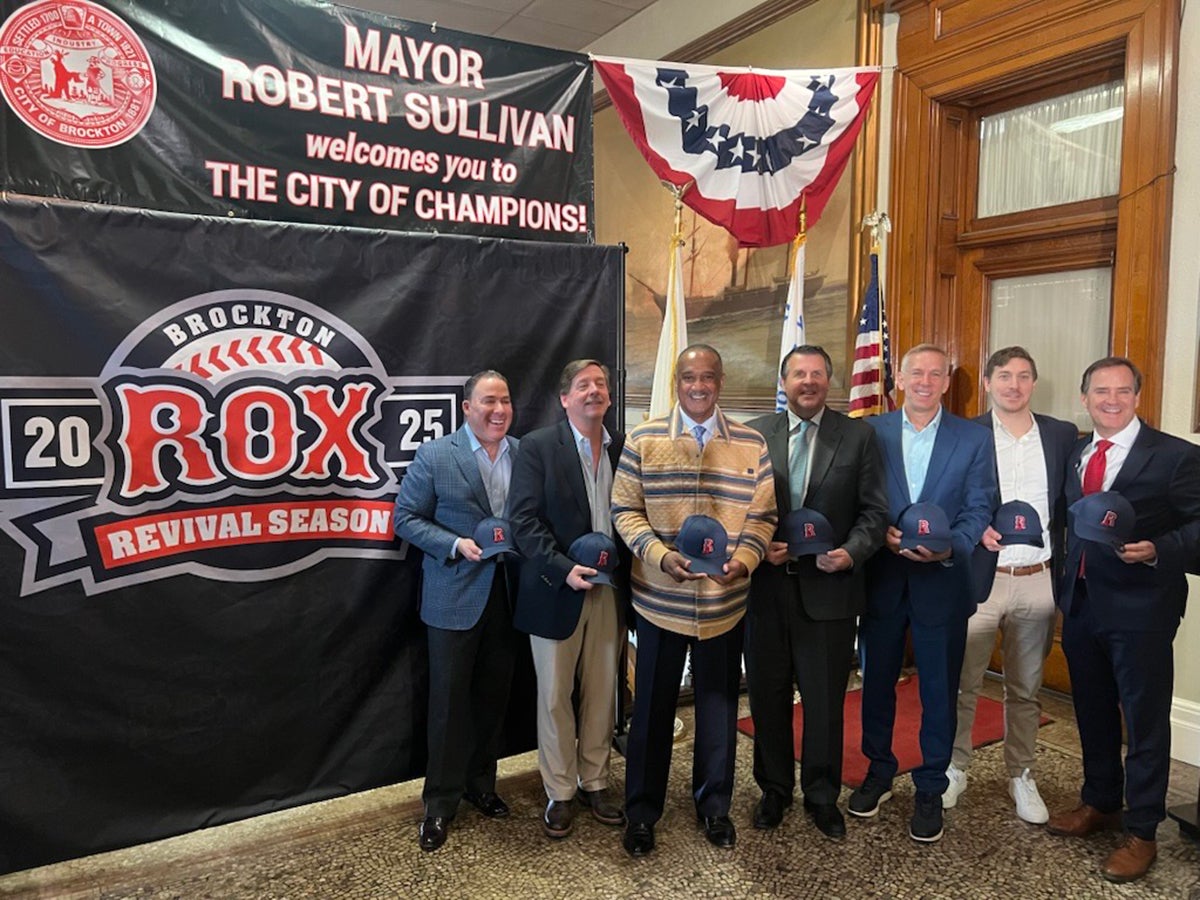
The history of Hall of Fame players getting involved in ownership of baseball teams dates back to the 19th century when labor strife led to the formation of the Players League in 1890. Led by pitcher-turned-shortstop John Ward, elected to the Hall of Fame in 1964, the Players League would feature teams that were cooperatively owned by players and investors. Though it lasted only one season, it included more than a dozen future Hall of Famers, including Hugh Duffy, Dan Brouthers, Jake Beckley, Roger Connor, Ed Delahanty, King Kelly, Buck Ewing, Tim Keefe and Pud Galvin.
More recent examples include Cal Ripken Jr. (Class of 2007), who in 2024 was part of an investor group – led by David Rubenstein – that agreed to buy the Baltimore Orioles. Later in ’24, Ripken sold his majority stake of the Aberdeen IronBirds, a minor league team he has owned since 2002.
Another Hall of Fame shortstop, Derek Jeter, was part of the Miami Marlins’ ownership group for four-and-a-half years. In 2017, a group including Jeter and principal owner Bruce Sherman purchased the Marlins from Jeffrey Loria.
Fire-balling righty Nolan Ryan, a Hall of Famer in 1999, was a member of the ownership group that purchased the Texas Rangers in 2010, selling his ownership stake three years later. He’s also been involved in the ownership of minor league teams in San Antonio, Round Rock and Corpus Christi.
George Brett, the Hall of Fame third baseman, has been part of a group that purchased such minor league squads as the Bellingham Bells, the Spokane Indians, the Tri-City Dust Devils, the High Desert Mavericks and the Rancho Cucamonga Quakes.
In 2021, longtime Seattle centerfielder Ken Griffey Jr. joined the Mariners’ ownership group. The 2016 Hall of Fame inductee said in a statement at the time: “As I said in my Hall of Fame speech, I’m very proud to be a Seattle Mariner…This is a dream come true because of the relationship I’ve always had with the team, its fans and the city of Seattle. I view this as another way to continue to give back to an organization and community that has always supported me and my family. I’m looking forward to continuing to contribute to this organization’s success in any way possible.”
Even a fledgling loop such as Baseball United, the first professional baseball league focused on the Middle East and Indian Subcontinent, includes among its ownership group a trio of Hall of Famers: Adrian Beltré, Barry Larkin and Mariano Rivera.
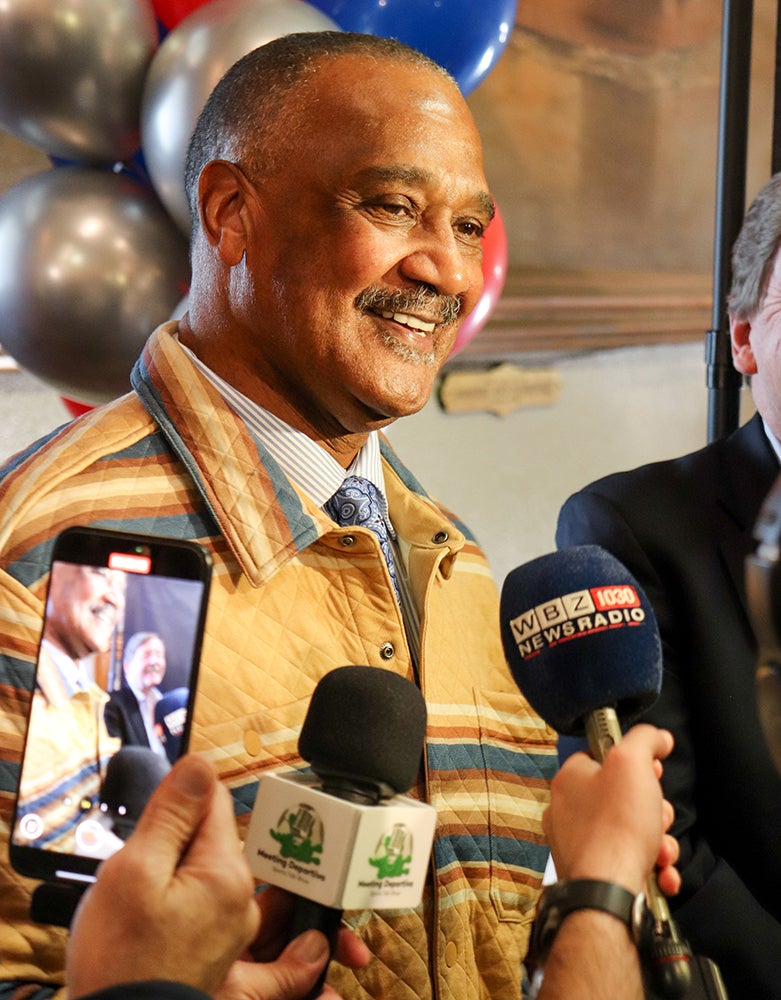
Rice, 72, currently in his 23rd season as a Red Sox studio analyst on NESN, was an eight-time All-Star and finished his career with a .298 batting average, 382 home runs and 1,451 RBI. Voted the American League MVP in 1978, he helped lead the Red Sox to two World Series (1975 and 1986).
Since retiring after the 1989 season, Rice has remained active in the Red Sox organization, serving as a minor league hitting instructor from 1992 to 1994 before joining the parent club in a similar position in 1995. He currently serves as a special organizational instructor for the team.
“When I was coming up through the Red Sox system I had a lot of mentors,” Rice said. “Johnny Pesky was my hitting instructor. I listened to Ted Williams, but Ted was a little different because he was a .400 hitter. A lot of things that Ted was talking about were way beyond me. Carl Yastrzemski and Rico Petrocelli were there. The thing about it was you always had good hitters around. You had guys in the Red Sox organization that played for years, and they knew the game.
“We’re hoping that we can get these guys down at Brockton to play the game the right way, too. We’ll have scouts there, and they’ll say, ‘Hey, this kid can play. He plays the right way.’ That’s what they’re looking for. When I started, I played three years of A ball, then with Double-A and Triple-A. It all depends on how you’re able to adjust every pitch, not every at bat. If you try to adjust every at bat, you’re 0-for-1. If you try to adjust every pitch, you still could be 1-for-1. And that’s what I tell people. You hate guys coming to the bench saying, ‘I’ll get them next time.’ Hey man, next time, you’re 0-for-1. Why didn’t you get them this time? Because you didn’t make that adjustment.”
Rice feels like he’s in a situation with Brockton where he can help a young player trying to get to the big leagues.
“Oh, I would love to, but the thing is you can’t step over someone’s toes because they’re going to spend more time with the kids than I am,” Rice said. “But still I’m going to give my insights. I was always told you can always give information, but if you’re not willing to receive it’s not going to do you any good. You’ve got to find the kid that wants to receive that information, and you’ve got to find out how he’s going to accept it.
“Everybody’s happy when you are successful, but when you start failing? That’s it. You can go 0-for-4, but you can be very successful. You can be productive. And people say, ‘Well, he went 0-for-4.’ I say, ‘Look, there’s a man on second base, fly ball, ground ball, to the right side. Man goes to third base. Next guy, drive me in.’ That’s productive.” So that’s what you have to look at.”
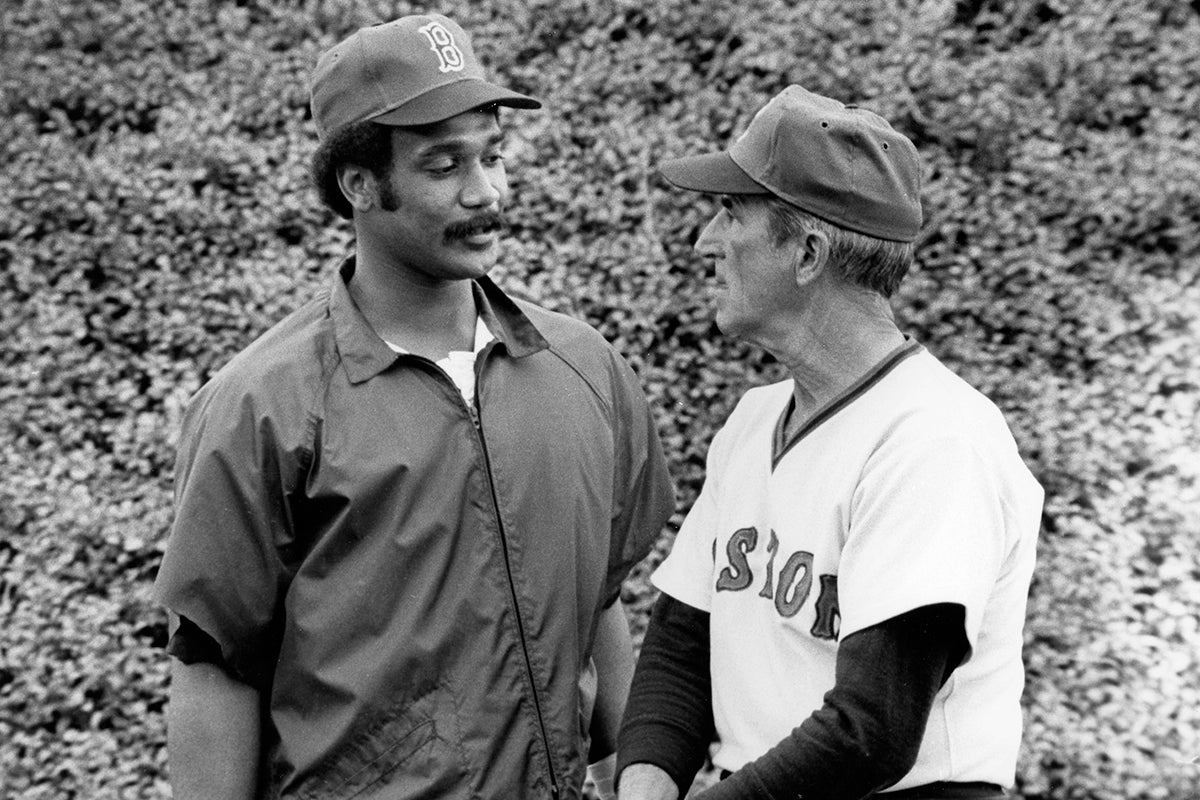
The Frontier League, founded in 1993, is an official MLB Partner League with 15 teams in the United States and three in Canada. Teams sign their own players, who usually are undrafted or one-time prospects who have been released.
“I’ll say it’s probably a level a little higher than college baseball. You’re finding the best kids you can put on the field. And that’s what it’s all about – being competitive, being the best that you can be,” Rice said. “And once you associate that with the league, you’re going to see some players that are really going to excel because they want to get to the big leagues.
“The dream is there. In other words, you’re given an opportunity – take advantage of it if you can.”
The Brockton Rox started in 2002 as part of the Northern League, which became the Can-Am League in 2005. After the 2011 season, the team was sold and transitioned to an amateur status, joining the Futures Collegiate Baseball League. Professional baseball returned to Campanelli Stadium in 2024 as the New England Knockouts in the Frontier League and are re-branding to the Rox.
“I’m excited about bringing Rox baseball back to Brockton,” Rice said. “In any sport, it doesn’t have to be baseball, the key thing here is to get the young kids off the street and into the ballpark.
“We will be spending a good amount of effort focusing on getting the younger generation involved in baseball.”
With Brockton’s home opener on May 16, Rice was looking forward to the reaction.
“I’m really excited, but I’m more excited for the people in Brockton and the players and the management. And when you see young kids in the stands, that is joy. It’s the next best thing to Marvin Hagler (boxing champion raised in Brockton),” Rice said with a laugh. “We had a big crowd when I was down there. We had a lot of hype down there. They were happy to get professional baseball back to Brockton. Very happy.”
Bill Francis is the senior research and writing specialist for the National Baseball Hall of Fame and Museum

